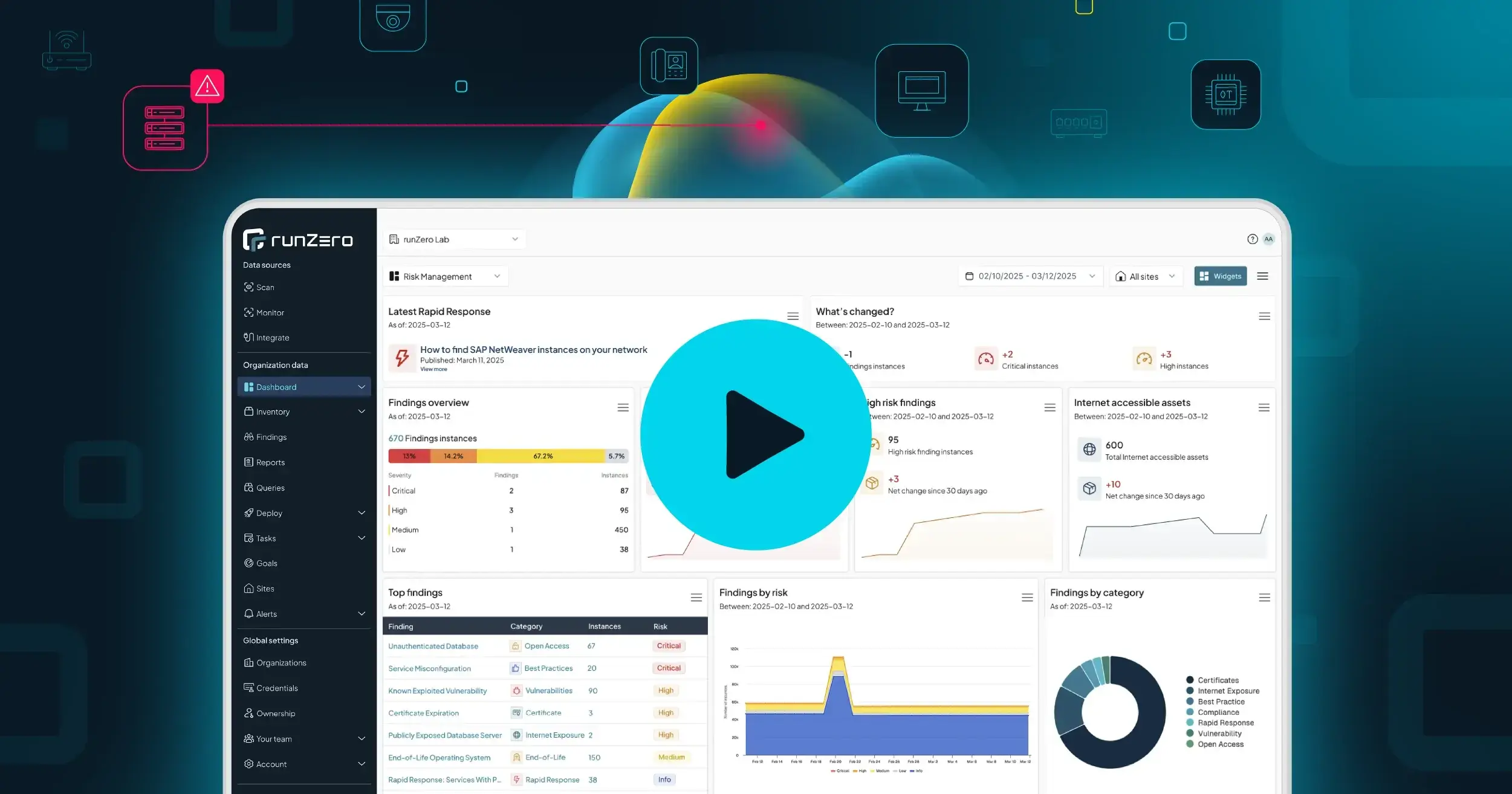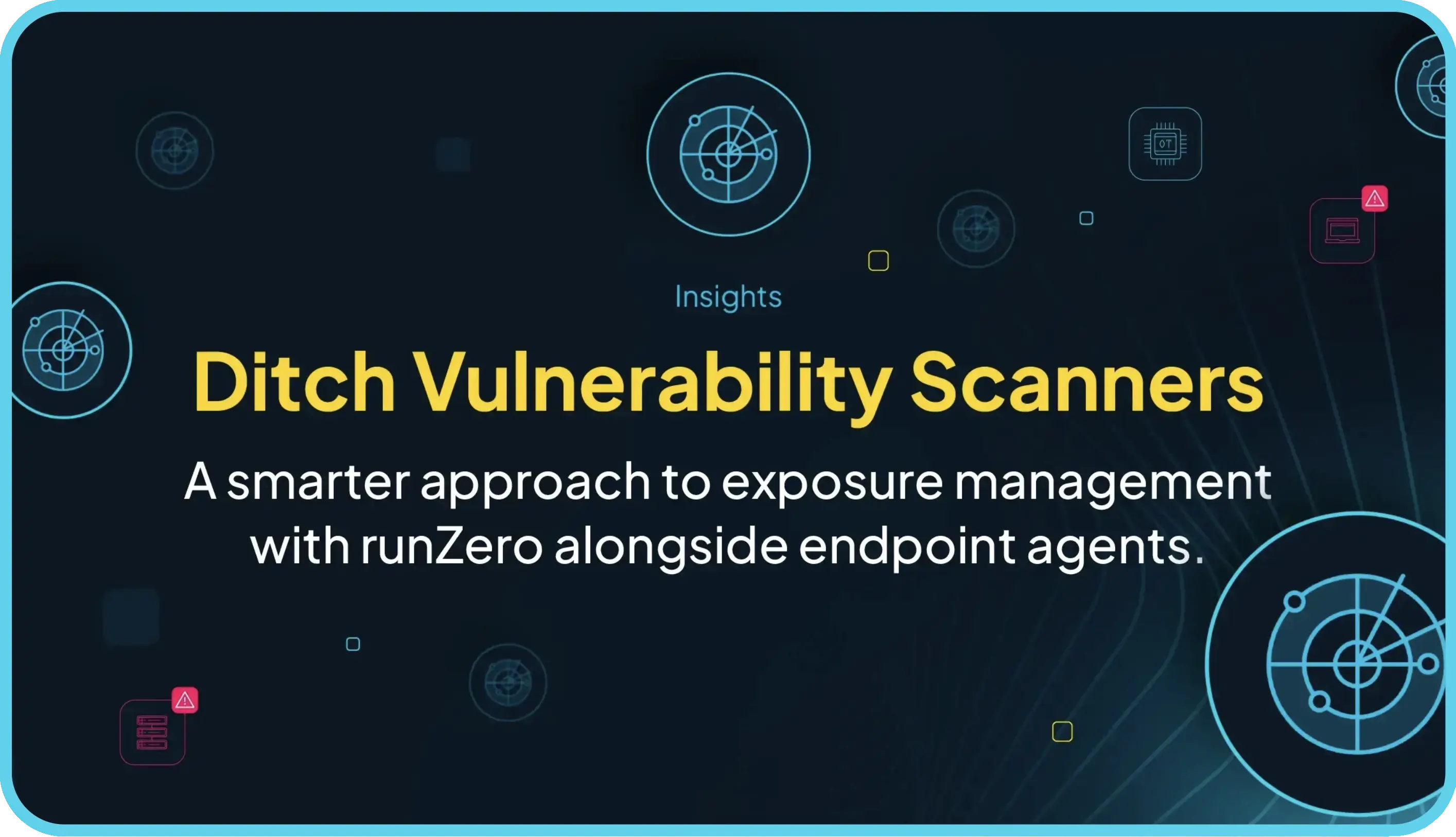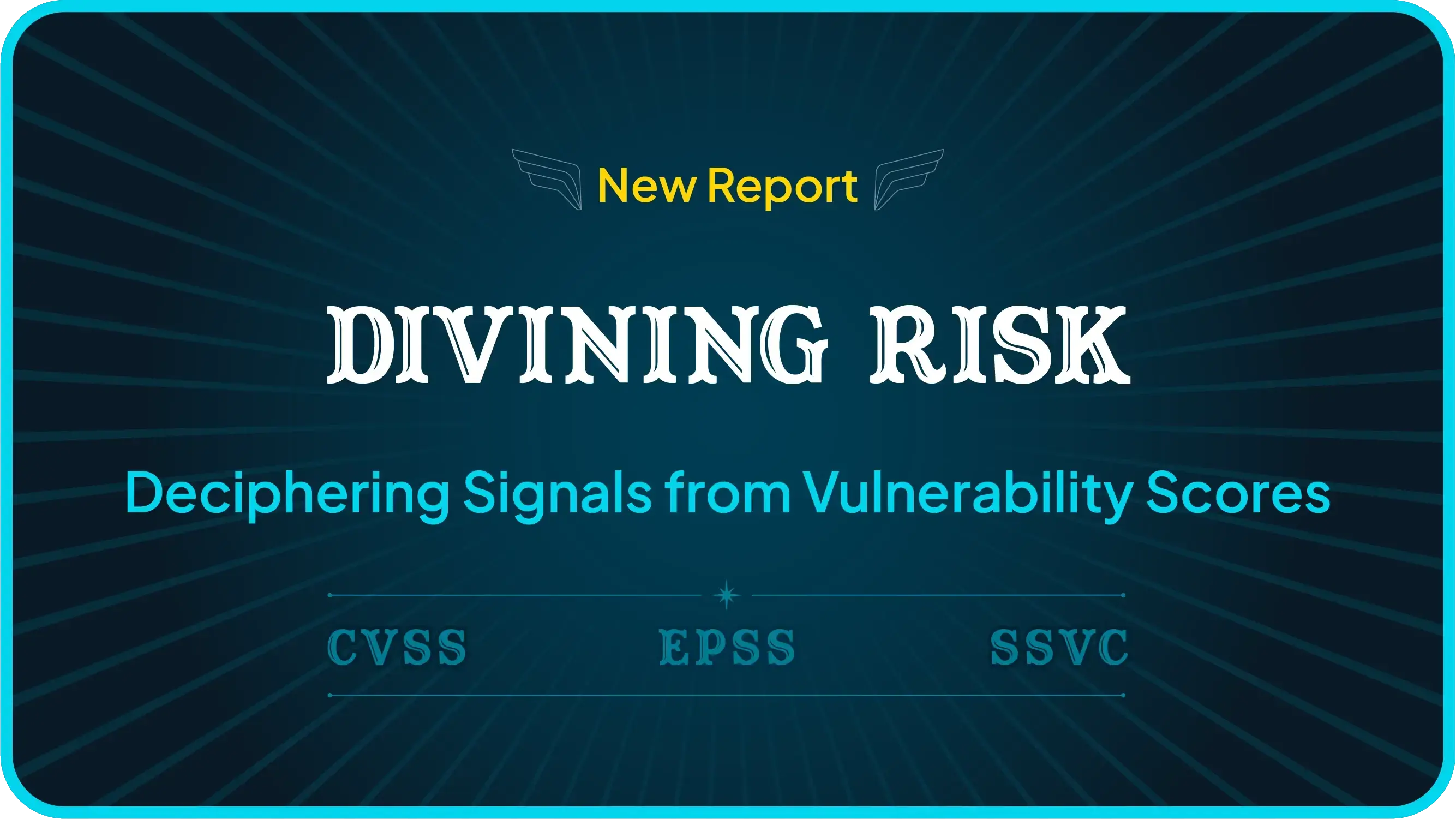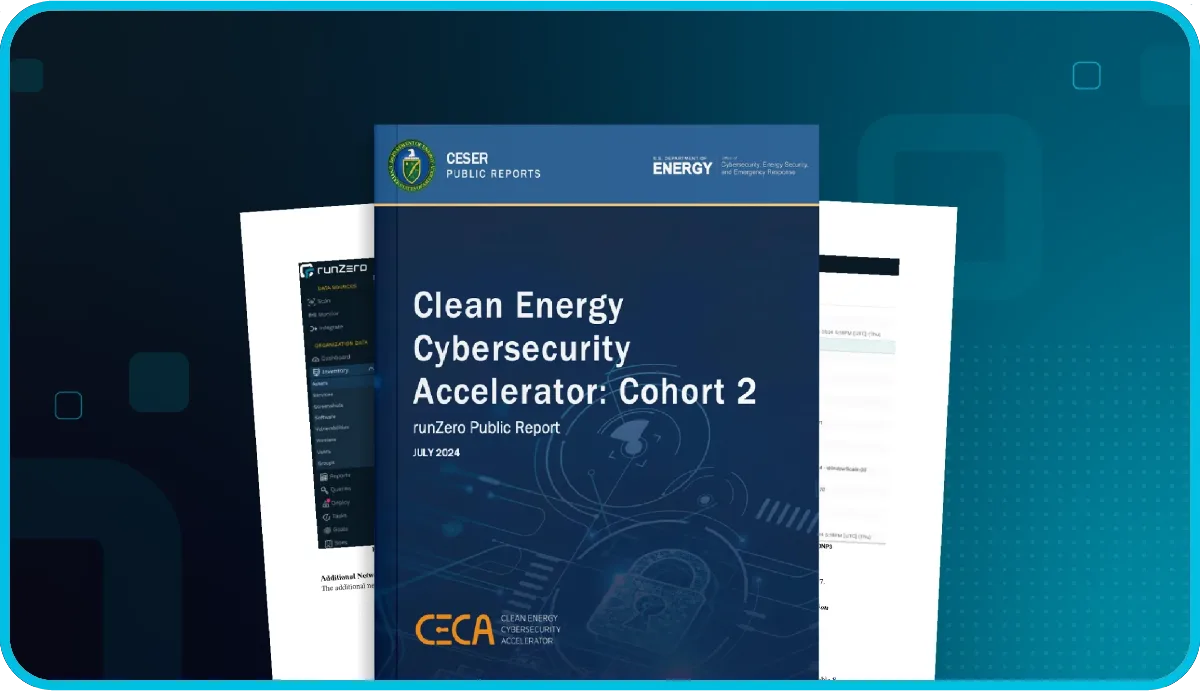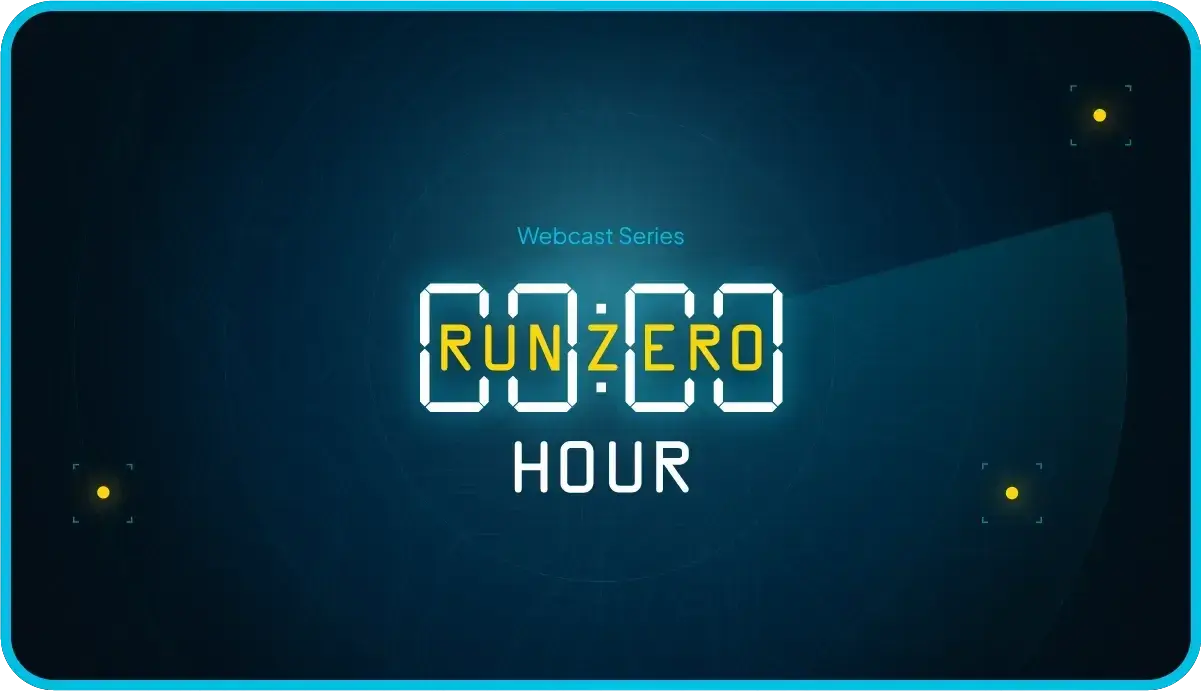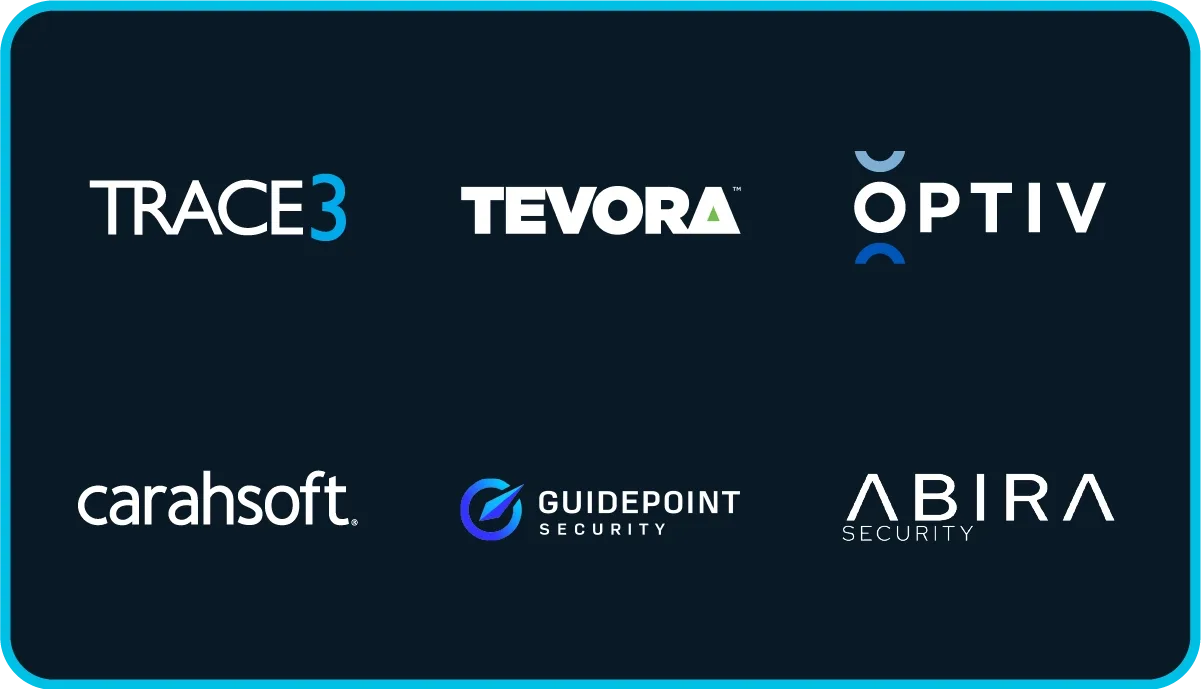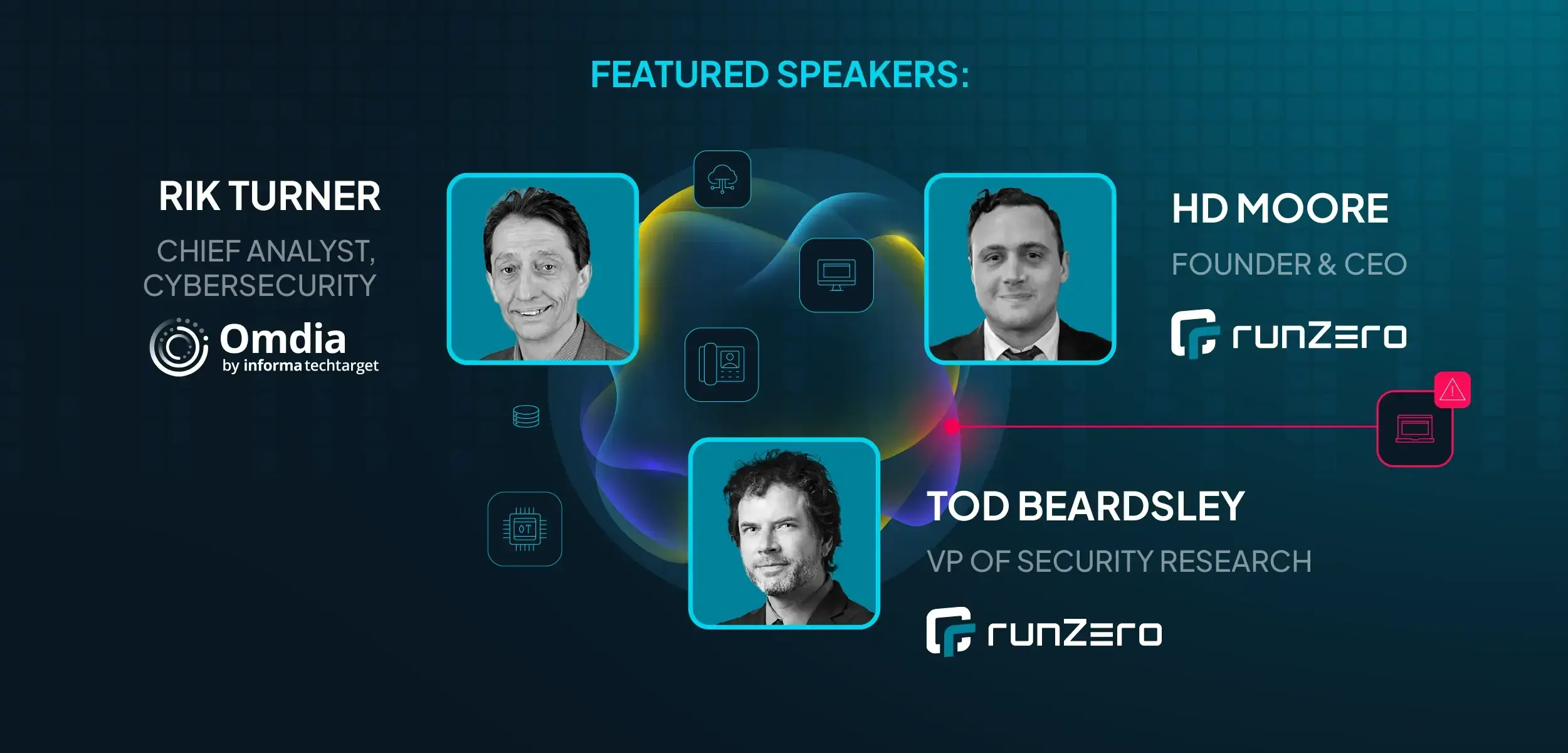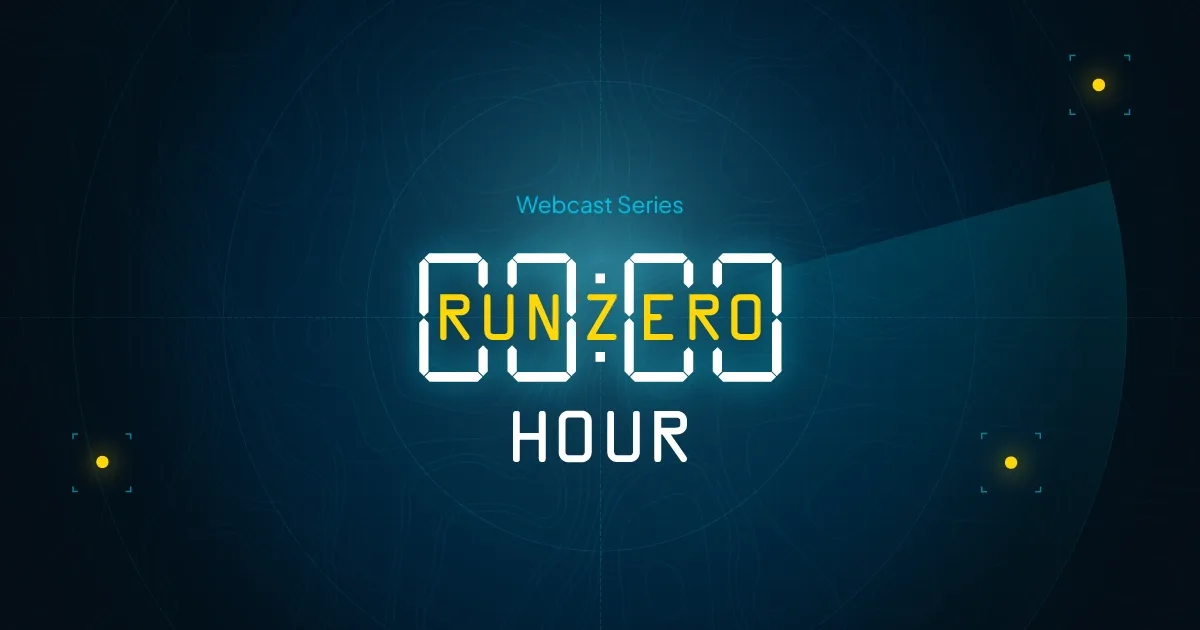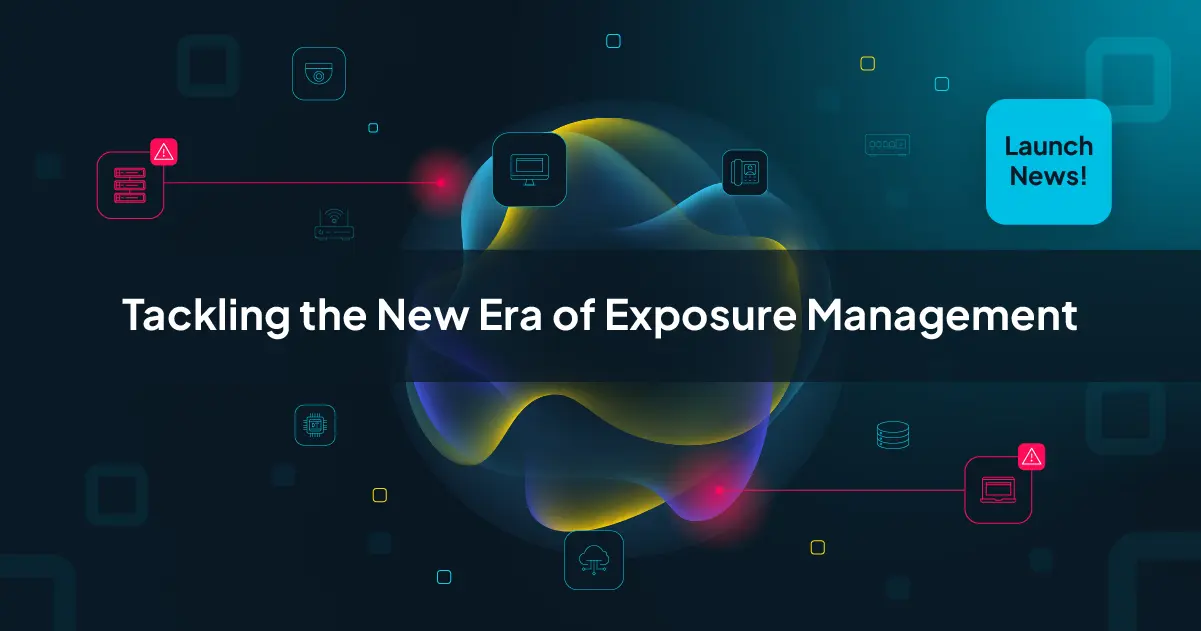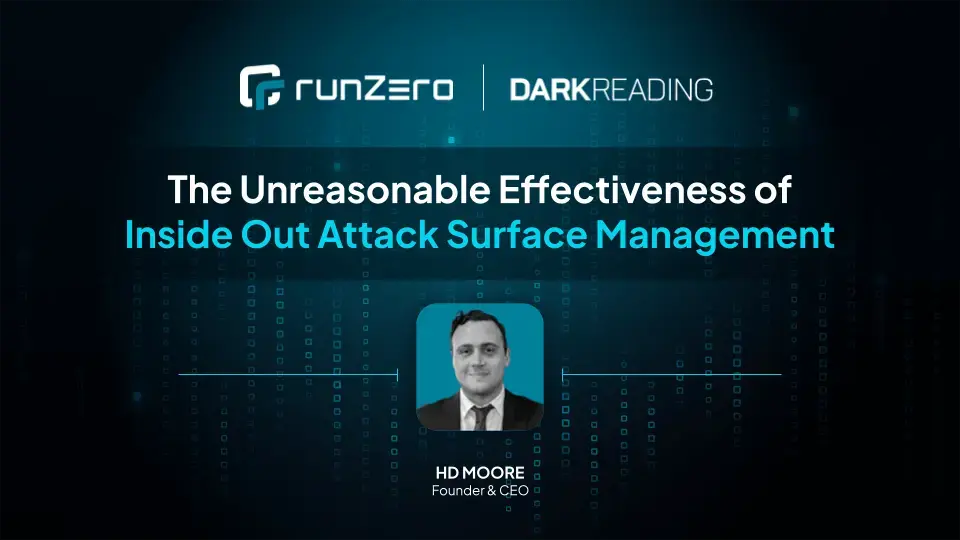In my last post, I talked about why LGBTQIA+ visibility matters. In this post, I thought I would share my thoughts on why diversity in the workplace matters. To me, DEI is about building an environment that reveres differences of thoughts and experiences and sees those differences as a business advantage.
While the tech industry has started to invest more in their DEI efforts over the past few years, there is still room for improvement. Oftentimes, when we talk about DEI efforts, it boils down to being "the right thing to do." Who would argue against being inclusive? But this framing misses why DEI is critical for the long-term success and growth of our companies. Instead, we should focus on the outcomes of our DEI efforts.
Companies need to have a clear DEI strategy in place #
Many companies struggle to hire good talent because their hiring playbooks don't include DEI strategies. Without a clear DEI strategy in place, they are missing a significant source of talent from their hiring pools. As a result, many companies are competing for the same talent over and over again, which perpetuates the inequities we are seeing in representation across the tech industry.
For example, let's assume that biases against LGBTQIA+, people of color, and women significantly impact the size of the talent pool. Let's also assume that talent is equally distributed among all groups. That means that many employers are going after a limited talent pool composed of homogenous candidates, while simultaneously struggling "to find talented people." As a result, the number of women and other underrepresented groups in consideration for hiring is small, and this number becomes even smaller as we look at senior positions.
Since many industries have heightened their DEI efforts, they have started competing for this very exclusive, small pool of people. But there's so much more talent and actual potential out there–we just need to evolve our recruiting and hiring practices. Traditional hiring practices tend to heavily weigh experience and education over other traits. Because they haven't had a seat at the table, many people from underrepresented backgrounds may not have access to the same educational and experiential opportunities. To really make things more equitable, companies need to hire for aptitude and attitude rather than experience wherever possible. This shift in hiring will help increase diversity of thought in the workforce over time.
"Before I put my pride flag on my LinkedIn profile, recruiters may not have known that I'm gay, but you can be sure that I looked at Glassdoor reviews and the HRC Corporate Index to guide my decision on who I want to work for."
How DEI benefits extend beyond the workplace #
From a business perspective, it's also important to point out that DEI efforts not only expands the talent pool, but helps us progress on other social and economic issues. By bringing more people to the table, paying them well, and expanding benefits, we can help deliver better outcomes for people in their actual lives.
Case in point: I was working for a big French defense contractor (via acquisition) when my husband decided to quit his research job at a university and found his own company. We were residents in Massachusetts, where our marriage was legally recognized. When I tried to add him as a domestic partner to my health insurance, which was common practice for my straight colleagues, the company declined saying they didn't have to by law. This was technically true because they were headquartered in a different state. What made this more frustrating is that their code of ethics said that they wouldn't discriminate based on sexual orientation. I ended up leaving that company and switching to a new employer who recognized that healthcare was a right every employee deserved. I would argue that this was a regrettable loss for that employer, and it could have been avoidable.
The halo effect #
At runZero, we have hired people from all types of backgrounds. In fact, we have seen our folks who have more unconventional backgrounds blossom at runZero and accelerate their career progression in a short period of time. We've also hired folks from outside the cybersecurity industry based on aptitude and attitude. It doesn't always work out, but that's also true of candidates with years of relevant experience.
Being more inclusive in your hiring will also have a halo effect on your entire hiring pool. When a candidate looks at your leadership team and your employees, they're looking for people who represent them, their families, their communities. When you build a team that is representative of the world outside, your future hires can preview what their experiences will be when they come onboard. For example, that dad who may have a trans kid or that mom juggling a baby and a career want to know that they will be safe and supported. Before I put my pride flag on my LinkedIn profile, recruiters may not have known that I'm gay, but you can be sure that I looked at Glassdoor reviews and the HRC Corporate Index to guide my decision on who I want to work for.
